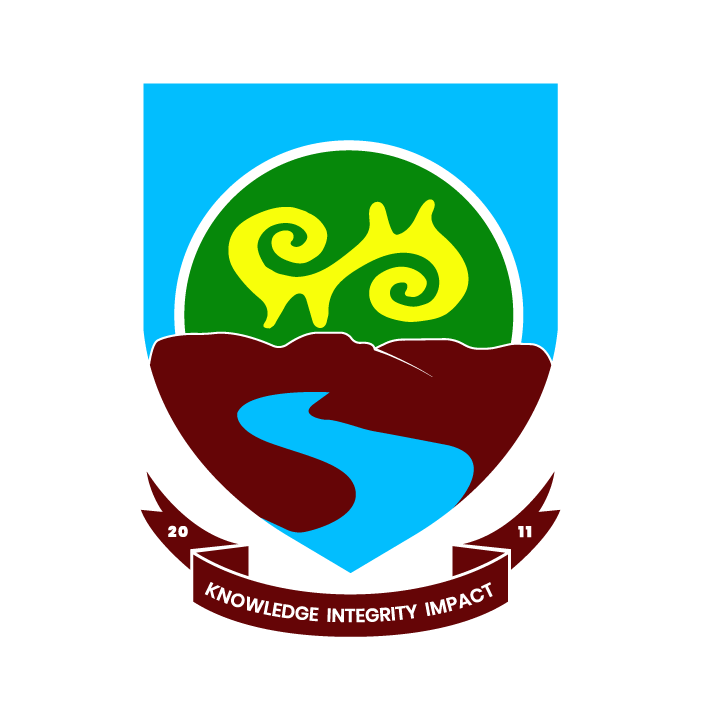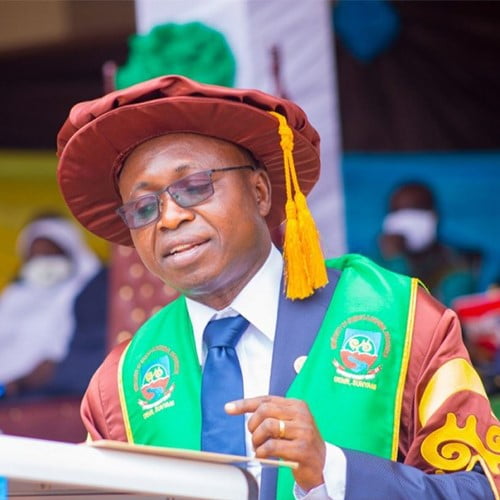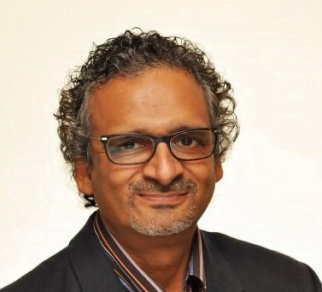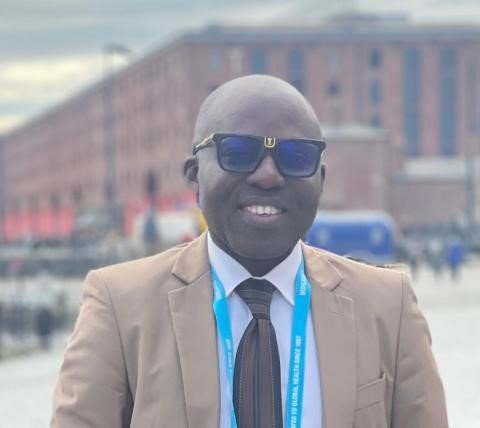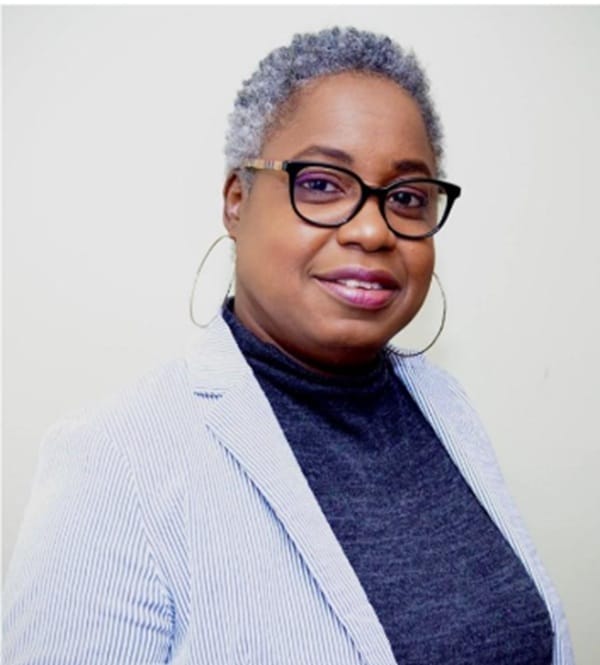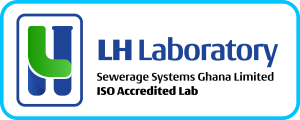Conference Information
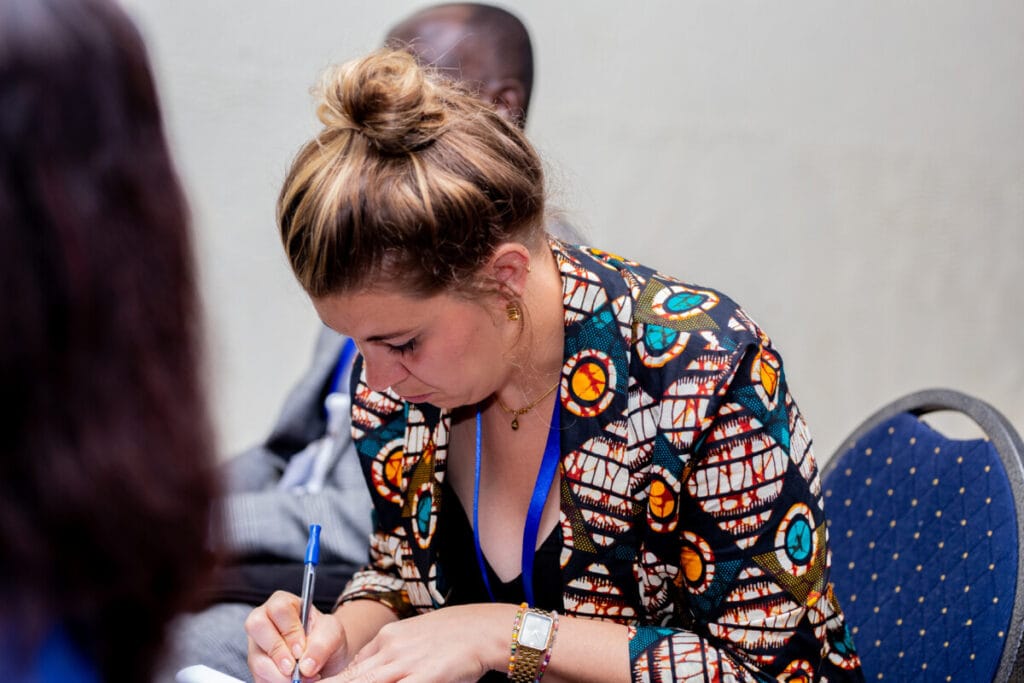
Target Participants
We extend an open invitation to all persons who wish to make original contributions using innovative-driven research in science and technology to addressing current and future anticipated modern life challenges. Participation of the STHISD Conference 2025 is open, but not limited to:
Conference Paper Competitions
Submissions are opened for participating delegates to send their completed papers for consideration in the STHISD Conference 2025 research papers competitions. This call is open from 30th January – 31st July, 2025. There are three categories of awards. Interested delegates should send their full-fledged papers to:
- Bernice Yram Danu, bernice.danu@uenr.edu.gh, for the Best Undergraduate Conference Papers Competition.
- Maurice Omane-Adjepong, maurice.omane-adjepong@uenr.edu.gh, for the Best Graduate Conference Papers Competition.
- Emmanuel Timmy Donkor, timmy.donkoh@uenr.edu.gh, for the Outstanding Conference Papers Competition.
Winners will be announced at the closing ceremony. Awardees will be given citations and a 70% discount on the subsequent STHISD Conference registration fees. They will also be hosted on the Conference website till other winners are announced in the next edition.
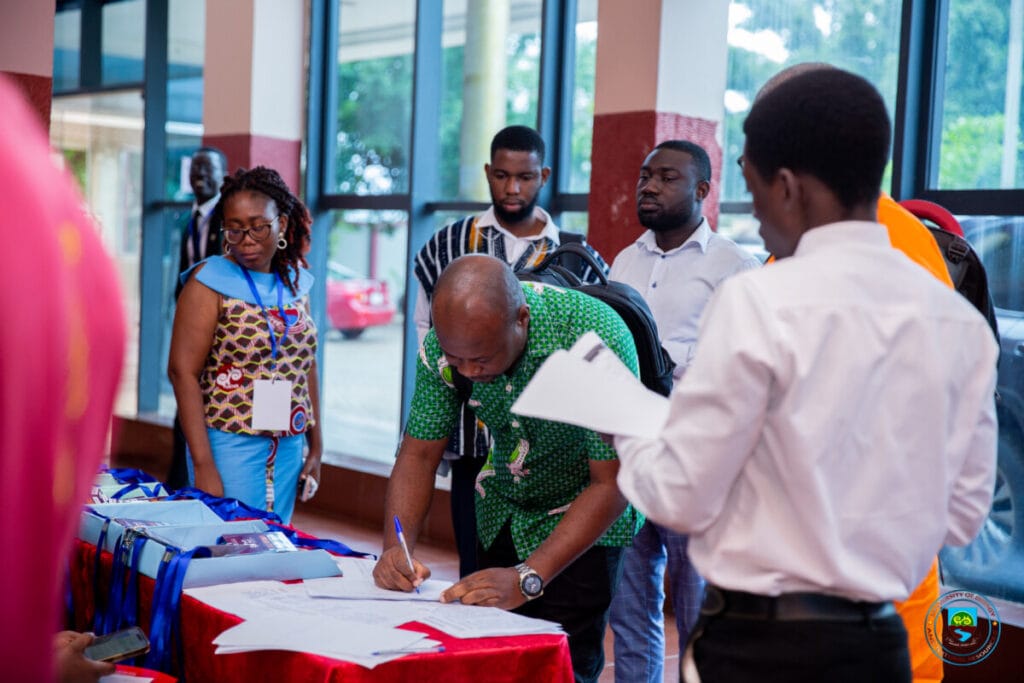
Important Dates
The key dates, prior and to the STHISD Conference day of event are as scheduled as follows:
Call for Abstracts:
30th January - 4th August, 2025 (Notification of acceptance or otherwise will be communicated at least a week after receipt)
Final Acceptance Abstract Notification:
11th August, 2025
Conference Date:
20th - 22nd August, 2025
Early Bird Registration:
17th February - 16th July, 2025
Late Registration:
17th July - 14th August, 2025
Registration Cancellation:
15th August 2025 ( The final day to cancel and still receive a partial refund)
The STHISD Conference is planned to be held at the main campus of the University of Energy & Natural Resources, Sunyani.
Ghana Post GPS Address of Conference Venue
BS-0061-2164
Conference Fees & Registration
The conference fee covers registration, two lunch buffets, four coffee breaks, water, and conference materials. The Ghanaian cedi (GHS) equivalent of the fees can be paid using the currency exchange rate of 1.00 USD to 17 GHS.
Undergraduate and postgraduate students are requested to send a proof of their studentship (current student registration) during the registration process to: sthisd.conference@uenr.edu.gh. A registered participant would be allowed to present at most two papers the conference.
To be featured in the STHISD Conference proceedings, at least an author of each accepted abstract or paper must be registered to present the work. The remaining co-author(s) who wishes to participate (either in-person or online) should carry out a new registration to be admitted as non-presenting author(s). The Conference registration is obligatory for all participants and does not cover accommodation. Should you need accommodation, kindly contact the Conference Secretariat for assistance. Participants can pay the registration fees through our secure online payment system. Alternatively, there are options to pay the fee through MTN mobile money, or bank deposit/transfer. The official bank account details for the Conference is:
Account name: Zenith Bank Ghana Limited
Account number: UENR School of Sciences
Account number: 6011728749
Branch: Sunyani

Local Undergraduate Students
GHS 250 / $25

Overseas Undergraduate Students
GHS 550 / $55

Local Graduate Students
GHS 550 / $55

Faculty Members
GHS 600 / $60

Non-Presenting Local Participants
GHS 550 / $55

International Participants
GHS 1300 / $130
